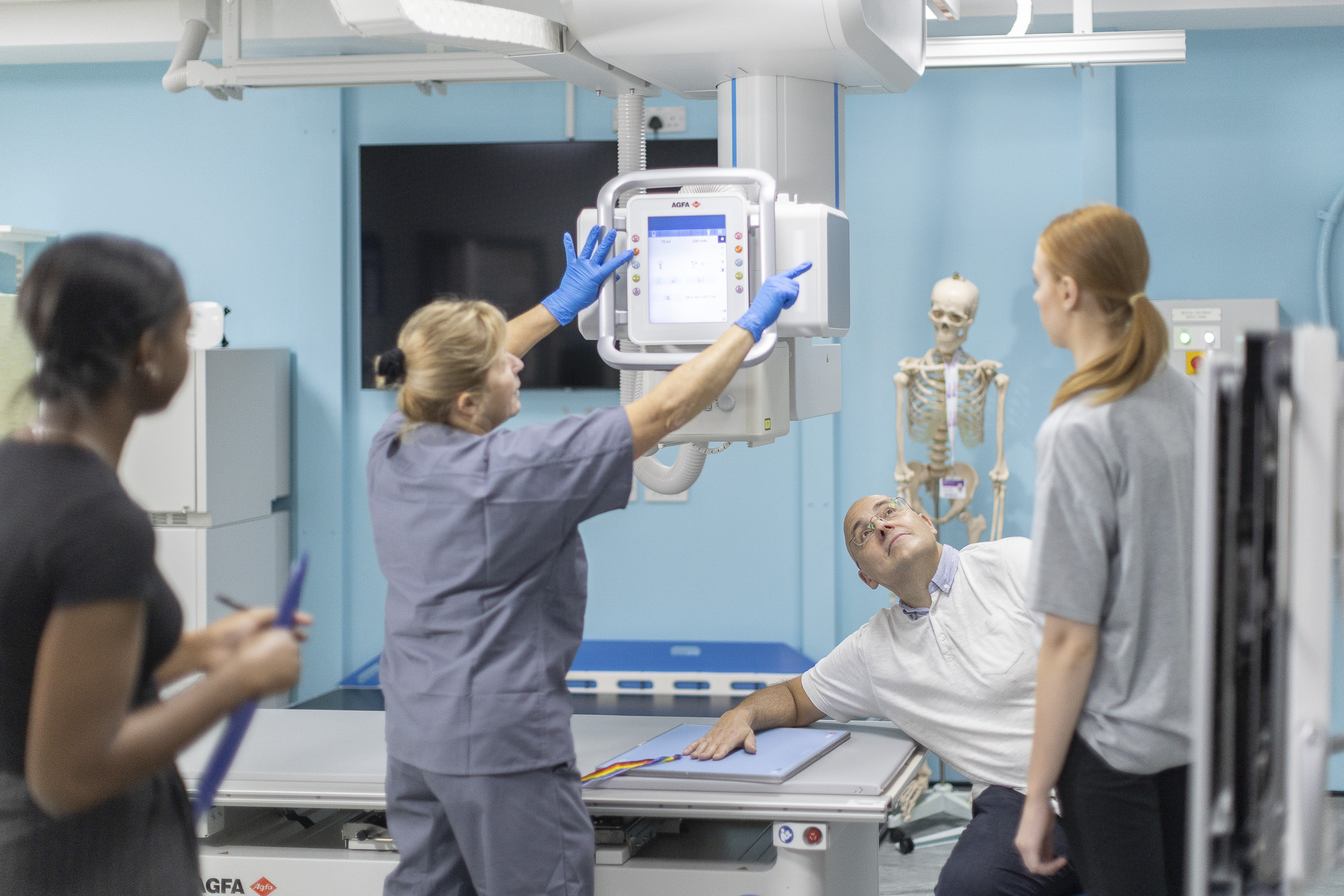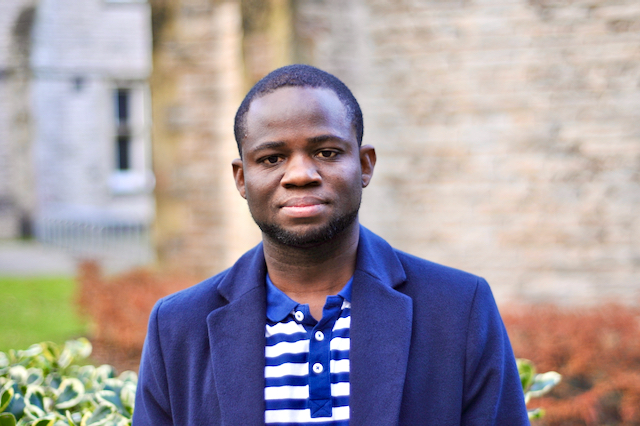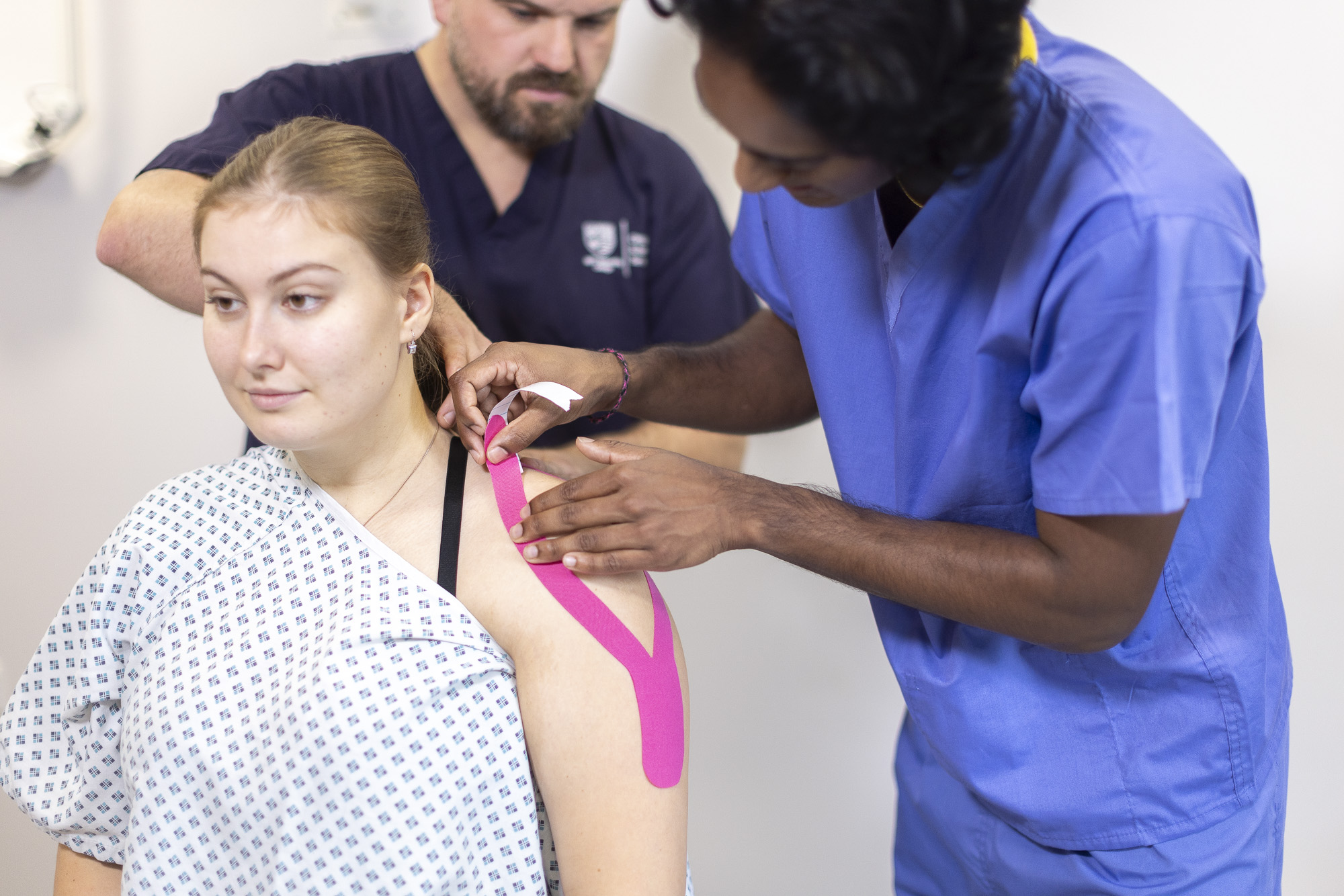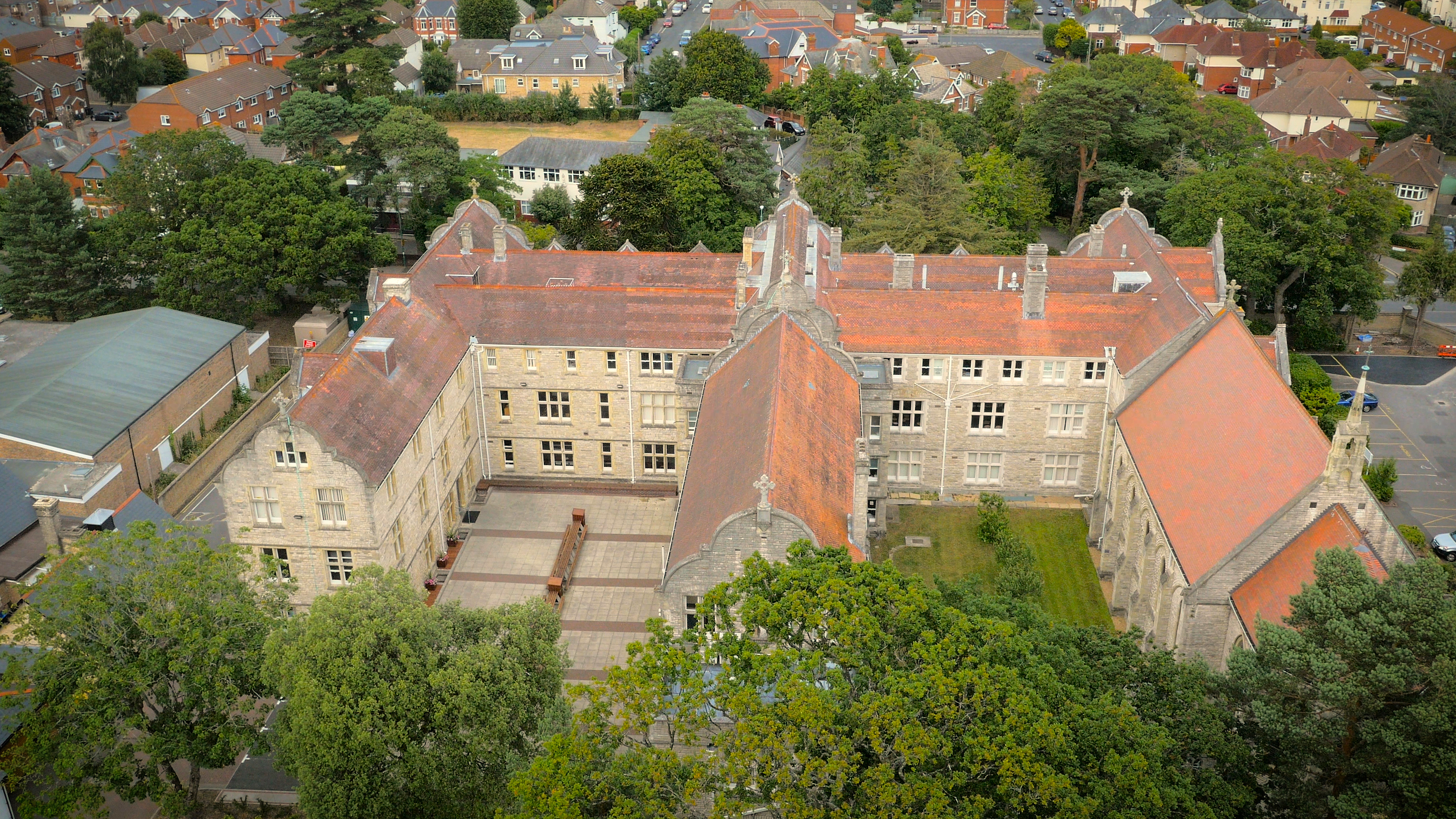Overview
Become a highly skilled diagnostic radiographer who carries out medical imaging for diagnoses, using specialised technical equipment such as x-ray, CT, MRI, nuclear medicine and ultrasound. On this course you’ll combine classroom theory with practical learning, both on-campus and through clinical placements at our partner NHS hospitals. This will enable you to gain not only highly technical imaging skills, but also vital patient care experience, including how to work under pressure and make split-second critical decisions. Once you’ve completed the course you’ll have the ability to work within a multi-disciplinary team across the hospital, from A&E to surgery.
Choose to study with us and you can be confident of being well prepared for your clinical placements, thanks to our outstanding on-campus facilities, including a digital x-ray suite, open upright MRI scanner and ultrasound machines, AI-enabled simulated ward environment, a digital Anatomage Table and physical condition simulation equipment. Our dedicated clinical placement lead will visit you on your placements, so you always feel supported.
*This course is accredited by the Health Care Professions Council (HCPC) for eligibility to apply for registration.*
Course Details
Our BSc (Hons) Radiography (Diagnostic Imaging) course provides you with all the training and knowledge you need to become a fully qualified practitioner and you’ll learn a variety of skills that will enable you to shape the future health and wellbeing of both individuals and society. You’ll be taught how to work under pressure and to make decisions under significant time restraints.
This course will teach you to think critically and analytically and will encourage you to become self-aware, reflective and empathetic.
During the BSc (Hons) Radiography (Diagnostic Imaging) course you will also benefit from a high-performance digital X-ray suite, including a direct radiography (DR) room and mock ward to simulate the hospital setting. With on-campus Ultrasound, MRI, X-Ray, and Fluoroscopy you can expected to be well prepared for your first clinical placements with AECC University College hospital partners in the NHS.
Together with small group working, practical sessions, and lectures you will be able to take advantage of working on placement at local providers seeing the real world working without the pressures of a busy NHS department.
How you will be assessed
You will be assessed through a combination of:
- Group work
- Presentations
- Coursework
- Practical Assessment
- Portfolio
- Examinations
Need more info about, learning aims and outcomes, curriculum content, teaching methods and assessment, credits per unit? Take a look at our Course Specification to find out more.
For more information see our Course Specifications.
Unit Breakdown
Year 1 
Units
Diagnostic Radiography (Diagnostic Imaging)
- Professional Practice and Patient Care
- Radiation Physics
- Anatomy and Physiology for the Radiographer
- Research Skills and Principles
- Equipment of Diagnostic Radiography
- Pathophysiology for Diagnostic Radiographers part 1
- Introduction to Radiobiology
Year 2 
Units
- Professional Practice and Wellbeing
- Scientific principles of Medical Imaging part 1
- Radiographic Anatomy
- Research Methods
- Pathophysiology for Diagnostic Radiographers part 2
- Multidisciplinary Working
Year 3 
Units
- Professional Practice and Clinical Confidence
- Advanced practice in Diagnostic Imaging
- Image Interpretation
- Scientific Principles of Medical Imaging part 2
Staff
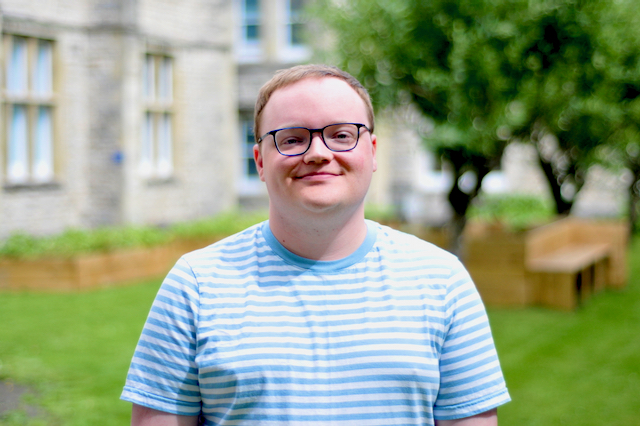
Course Leader
Kyle Cox
Lecturer in Therapeutic Radiography
Kyle is a Lecturer in Therapeutic Radiography working on the BSc Radiography courses. He has a BSc (Hons) in Therapeutic Radiography and a PgC in Academic Practice. He is a HCPC registered Therapeutic Radiographer with experience working in radiotherapy treatment, planning and education, as well as experience with working with patients on oncology clinical trials.
Full bioEntry Requirements
If you’re applying from the UK or Ireland 
If you’re applying from the UK or Ireland
Essential for entry
Please note that applicants must hold 5 GCSEs A*-C including Maths and English, or equivalent (reformed GCSEs grade 4 or above) to be considered for the programme.
A-levels
BBB-BBC or above to include one of; Biology/Human Biology/Mathematics/Chemistry or Physics. General Studies will not be considered.
BTEC Extended Diploma
DMM or above in a relevant Extended Diploma for example; Applied Science, Medical Science or Health and Social Care.
Access to HE Diploma
A total of 112-120 UCAS points in a relevant Access to HE Diploma for example; Science, Medicine, Human Science, Allied Health Professions.
International Baccalaureate
Overall grade of 30-32 points or higher to include either Biology/Human Biology/Mathematics/Chemistry or Physics at Higher Level.
Scottish Highers/Advanced Highers
BBBBB or above in 5 Higher/Advanced Higher subjects to include either Biology/Human Biology/Mathematics/Chemistry or Physics.
Irish Leaving Certificate
H3,H3,H3,H3,H3 from 5 subjects at Higher Level to include either Biology/Human Biology/Mathematics/Chemistry or Physics.
T Level
Merit in any Health and Science pathway accepted.
If you have undertaken a qualification that’s not listed, it may still be considered. Get in touch with our Admissions team by completing the form below or call us on 01202 436200 and we’ll be happy to answer any questions you have.
Is there anything else that is required? 
Is there anything else that is required?
If you live in the UK, we’ll need a satisfactory Disclosure and Barring Service (DBS) check. It’s standard for all UK students and we’ll be there to guide you through the process once you’ve applied.
To gain a place on the course applicants must also successfully undergo an interview process. More information about this process will be provided if/when applicants are invited to the interview stage.
Please note: that an NHS placement is required as part of this course.
Please note: You are required to have an occupational health screening prior to commencement on the course*
For more information about our admissions policies and procedures, including our Admissions Complaints and Appeals Policy, see our latest policies.
International Students 
International Students English language requirements
| Test | Grade | Additional details |
| IELTS (Academic) | 7 | with no less than 6.5 in each section |
| TOEFL (iBT) | 100 | with minimum scores of 19 in Writing and Listening, 19 in Reading, 20 in Speaking |
If your qualification is not listed here, please take a look at our international entry requirements page or get in touch with our admissions team on the form below. Please note, to be accepted onto this course; you will also need to demonstrate that you meet the minimum standards of English. For further information on English language requirements, please see the dedicated English language requirements page. More information on permission to study in the UK, can be found on our Visas and Immigration page.
Still have questions about applying?
Course Fees
A £5,000 annual maintenance grant is currently available for radiography students. This is in addition to existing support available, including student loans. Students who study radiography (diagnostic and therapeutic) are also entitled to an additional £1,000, as the subject is seen as a ‘shortage specialism’ and important to delivering the NHS long term plan.
Tuition Fees
UK/ROI/Channel Islands and Isle of Man students – £9,250 per year
International – £16,560 per year
Please note: These fees are for the 2024-25 academic year only and may be subject to increase in subsequent years of study. Any increase will be in line with our Tuition Fees Policy but will not be more than 5%.
Additional course costs
Your tuition fees will cover the cost of all mandatory elements of your course. There are additional course related costs are not included in the tuition fees. So you will need to budget for them when you plan your spending.
UK-domiciled applicants are required to undergo an Enhanced Disclosure and Barring Service (DBS) check. Further information will be sent to those who accept our offer. Applicants must meet the costs of this check (£45 in 2023). Students from low-income backgrounds eligible for bursary support from the AECC UC may be able to have this funded.
For more information see Additional Costs page.
Visit our student finance pages for more information on:
Please Note: For students to be eligible for funding from Student Finance England, they must be studying on an eligible course at a provider registered with the Office for Students (OfS). AECC University College is registered with the OfS. View the register and search for AECC University College.
Register Your Interest
Register Your Interest / Enquiry 

Why choose AECC University College?
There are many benefits to studying at AECC University College, from our expertise and history in teaching health sciences, to our state-of-the-art facilities, our placements, and of course our location on the beautiful Bournemouth coast.
Find us
AECC University College
Parkwood Campus
Parkwood Road
Bournemouth
BH5 2DF
